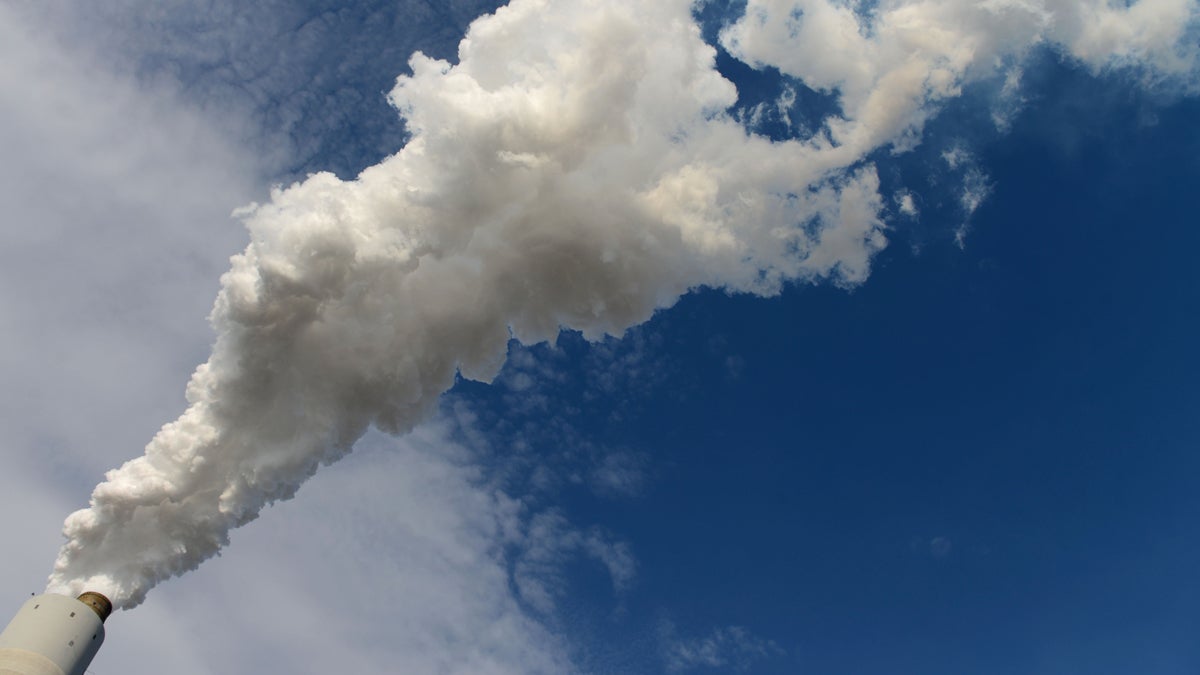Researchers call for cumulative approach to measuring Pa. pollution
 Photo via ShutterStock)" title="shutterstock_181762331" width="1" height="1"/>
Photo via ShutterStock)" title="shutterstock_181762331" width="1" height="1"/>
(Photo via ShutterStock)
It’s long been known that environmental pollution disproportionately hurts the health of residents of low-income and minority communities. To tackle the problem, scientists and environmental justice activists are pushing for Pennsylvania to adopt a new strategy.
Pollutants are typically regulated individually. For example, sulfur dioxide, particulates, and nitrogen oxides each have an air quality standard when measuring air pollution. But that system doesn’t necessarily reflect the reality of exposure.
“We don’t breathe this stuff in pollutant by pollutant,” said Nicky Sheats of Thomas Edison State College in New Jersey. “When you breathe it in, it goes into your lungs and all mixes.”
Marilyn Howarth, director of the Community Outreach and Engagement Core at the University of Pennsylvania’s Center of Excellence in Environmental Toxicology, said even if each pollutant meets the standard, those interactions can have synergistic effects — resulting in serious health problems.
For example, asthma is much more common in many underprivileged neighborhoods in Philadelphia.
“The numbers have been as high as 26 percent,” she said. “The national numbers for asthma are much closer to 9 percent.”
According to both experts, a better approach would be evaluating the cumulative impacts.
“By incorporating all of those things, it allows for the identification of the most vulnerable communities that then can be targeted for improvement,” said Howarth.
California has already started incorporating cumulative impacts into its environmental monitoring. Right now, Howarth said Pennsylvania recommends that approach be taken, but it is not required or fully implemented.
WHYY is your source for fact-based, in-depth journalism and information. As a nonprofit organization, we rely on financial support from readers like you. Please give today.


